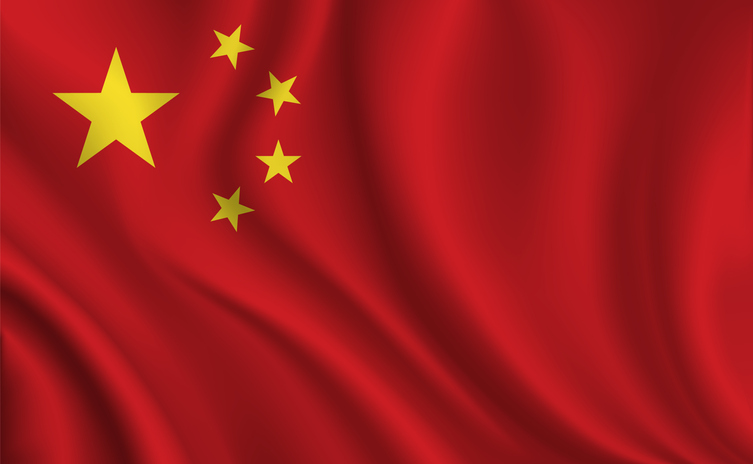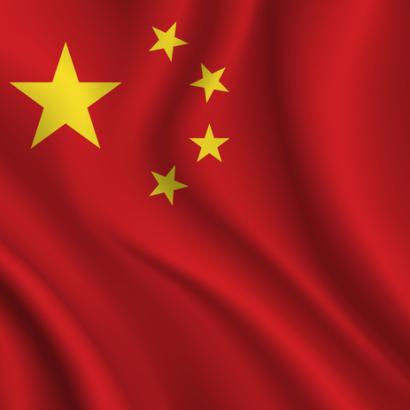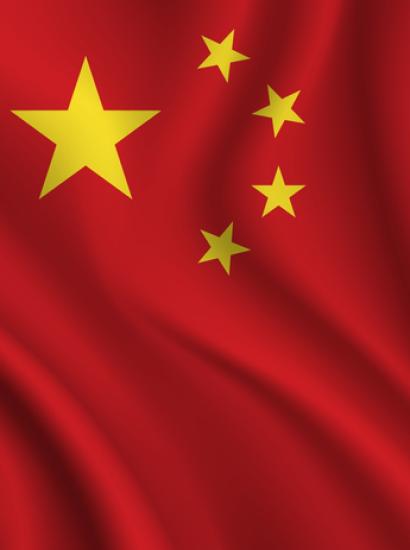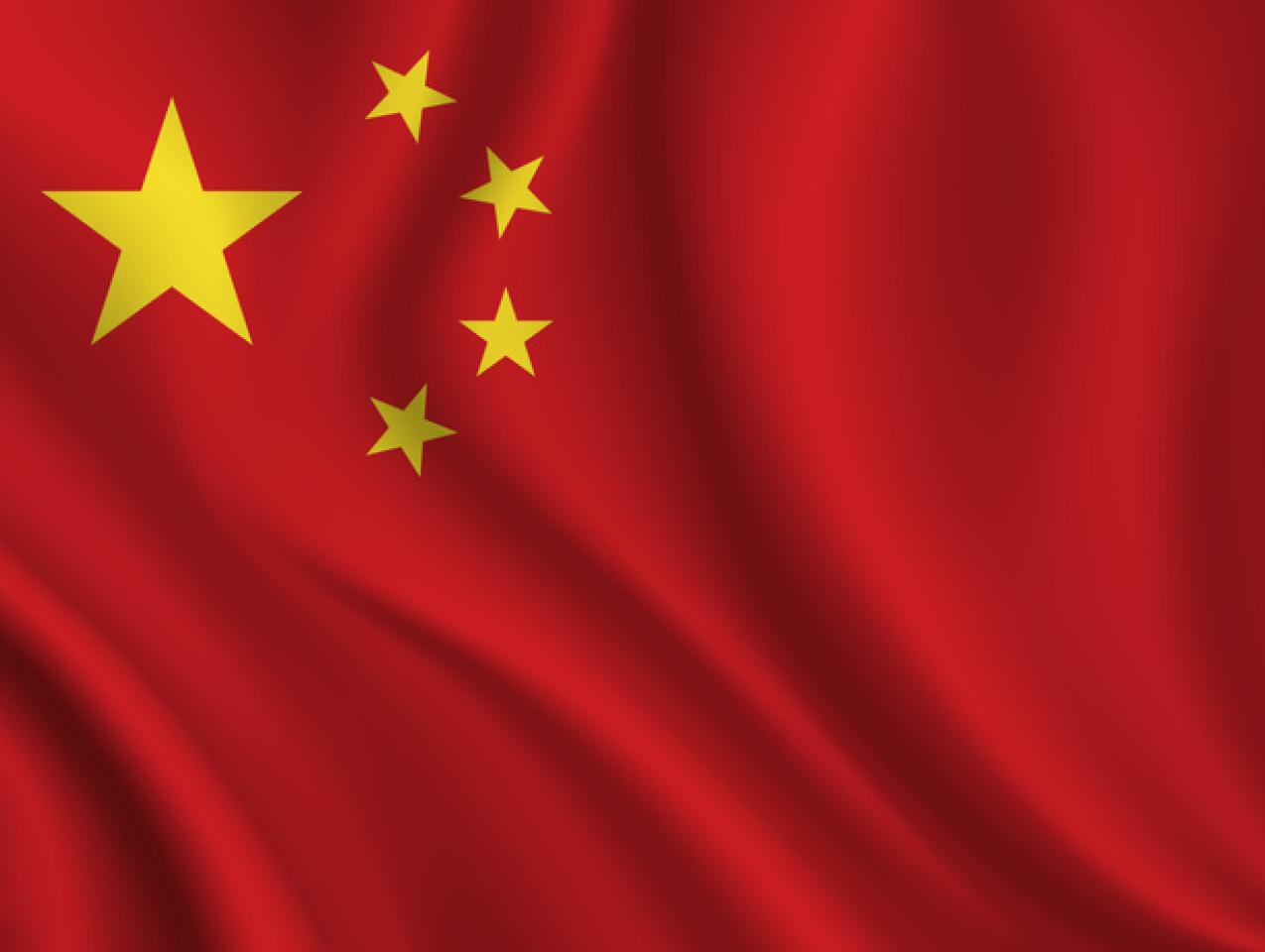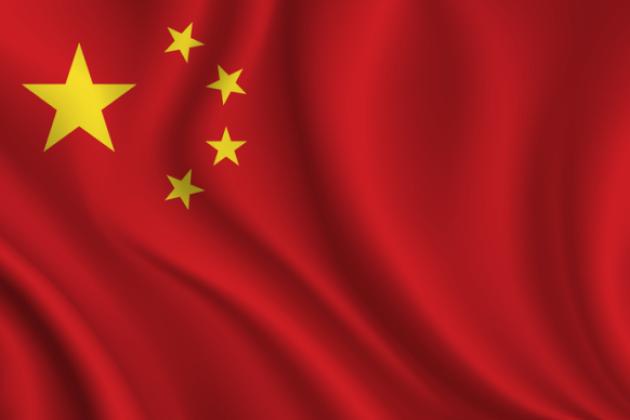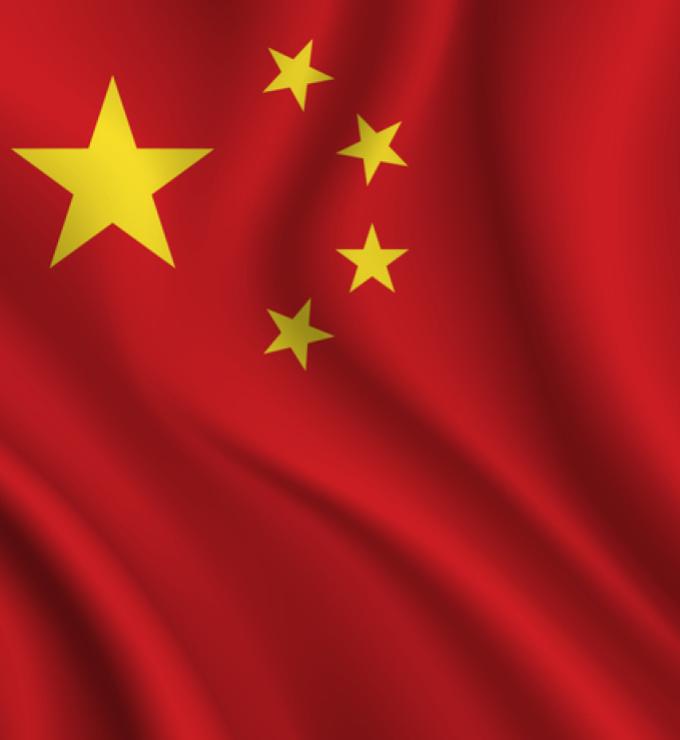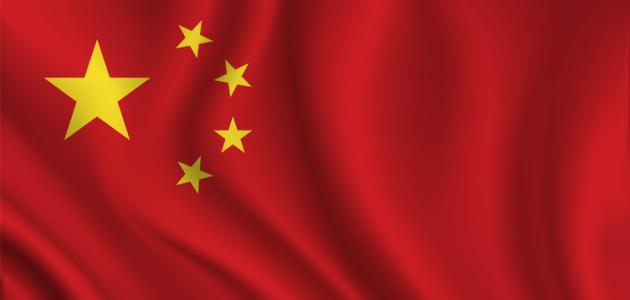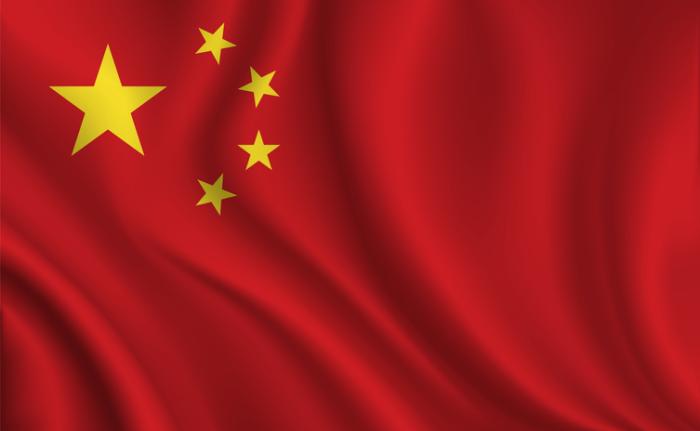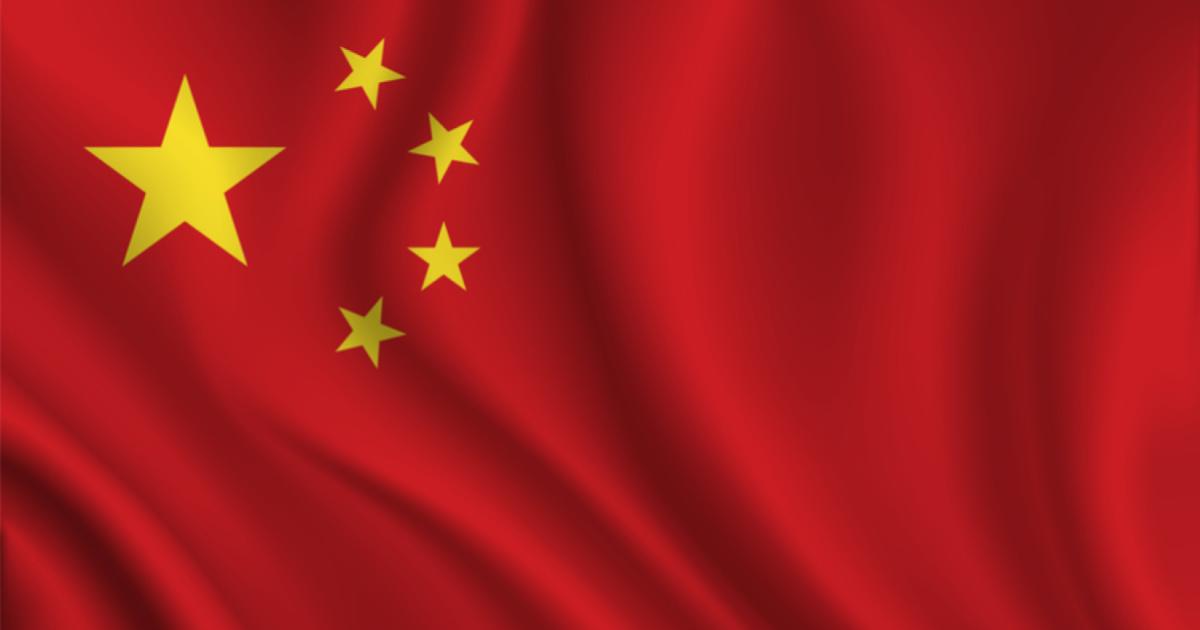The growing Chinese presence and activism in the Mediterranean, an area beyond Beijing’s core interest areas in the East and South China Seas, are raising new questions about China’s conception of the future world order. The key question is whether China’s economic expansion is a case of the flag following international trade, or is trade a mechanism to expand global presence, influence, and control. The answer to this question may adversely impact the way of life for Europeans and Americans.
Three central facts today about China should be troubling to Western liberal democracies when considered as a whole. First, China has been experiencing enormous economic growth and is leveraging its economic power globally. Second, China continues to build its naval force and currently operates around the world. Unchecked, China will likely be capable of achieving some level of control of the maritime commons and even sea superiority within the next two decades. Third, China is ruled by an increasingly dictatorial regime hostile to any form of free expression and private enterprise. More disconcerting, China believes its model of development is superior to the West’s and is the path for other countries to modernize and achieve economic growth.
Investment in Mediterranean ports is the most visible aspect of China’s new maritime Silk Road. Chinese state-owned companies are taking advantage of poorly performing economies by flaunting seemingly unlimited investment funds. To understand the depth and breadth of this maritime Silk Road, consider that Chinese state-owned companies have significant holdings in at least seven Mediterranean ports: minor holdings in ports in Bilbao, Genoa, Istanbul, Valencia, Marseille, Marsaxlokk in Malta, as well as in Piraeus, Port Said at the exit to the Suez Canal, and Tangier-Med, at the entrance to the Gibraltar Strait. Beyond ports, Chinese investments are significant in European high-tech industries such as aerospace, robotics, advanced railway equipment, artificial intelligence, and clean power production, and are connected to the supply chains that support these industries.
China’s claim, supported by aggressive public diplomacy, is that these investments are designed to construct a seamless network for selling goods in an important commercial region. Keep in mind that China does not support reciprocal means for Western nations to sell their goods in China. Countries eager to grab their slice of Chinese capital have minimized the fact that Chinese policy tasks its military to defend the country’s overseas interests. This policy has justified the rapid expansion of the PLA Navy and the construction of a naval facility in Djibouti. Additionally, Chinese law requires that ports owned or managed by Chinese companies provide logistical support to their military forces when requested. In other words, China’s maritime Silk Road is a dual-purpose network. The security implications are serious considering NATO countries’ navies use all of these ports too. The economic implications are also significant since Chinese ownership and control of trade infrastructure and advanced technologies will prioritize China’s interests and dictate the terms of business to their European partners. European industries are bound to suffer.
China’s economic and military activism, even when considered together, are not sufficient to proclaim a serious threat to the current international order. However, the threat changes when you consider the words and actions of China today. Furthermore, the answer to the question posed in the beginning of this article begins to emerge.
Any hope that China was liberalizing has been put to rest. President Xi Jinping’s consolidation of power and the increased repression of his people has alarmed the West. The Chinese government uses advanced technologies and artificial intelligence to monitor citizens’ every move. A social credit system judges the trustworthiness of everyone. More than a million Muslim Uighurs are confined to reeducation camps.
Beyond its shores, Chinese cyber espionage is increasing along with state-sponsored hacking of foreign industrial and technological secrets. More menacing, Beijing routinely threatens democratic Taiwan, supports the world’s most repressive regime in North Korea, and has militarized reefs in the South China Sea. International Court rulings denying China’s claims to these territories are ignored. While President Xi Jinping is cordial in public and declares adherence to international norms, his actions tell a different story. In fact, Mr. Xi’s own words portray a global imperial vision with a unified world ruled by the Chinese.
Fortunately, the promise of prosperity through increased economic ties is giving way to greater apprehension about China’s endgame. Their investments were never solely economic—they are also about building political influence. There is a growing recognition that China is undermining Western values, rules, and standards. European countries have begun to limit Chinese investments in crucial industries. Still, several countries, especially those with struggling economies, have been susceptible to China’s strategy of making friends through economic engagement.
Democracies in Europe and North America need to offer an alternative. Liberal democracies have advantages in trade, intellectual property, innovation, economic heft, and social values and must use these advantages to oppose the negative aspects of China’s global influence. Not doing so, and accepting China’s economic model, will likely result in having to accept their political model and the resulting loss of choice about how we want to live our lives.







